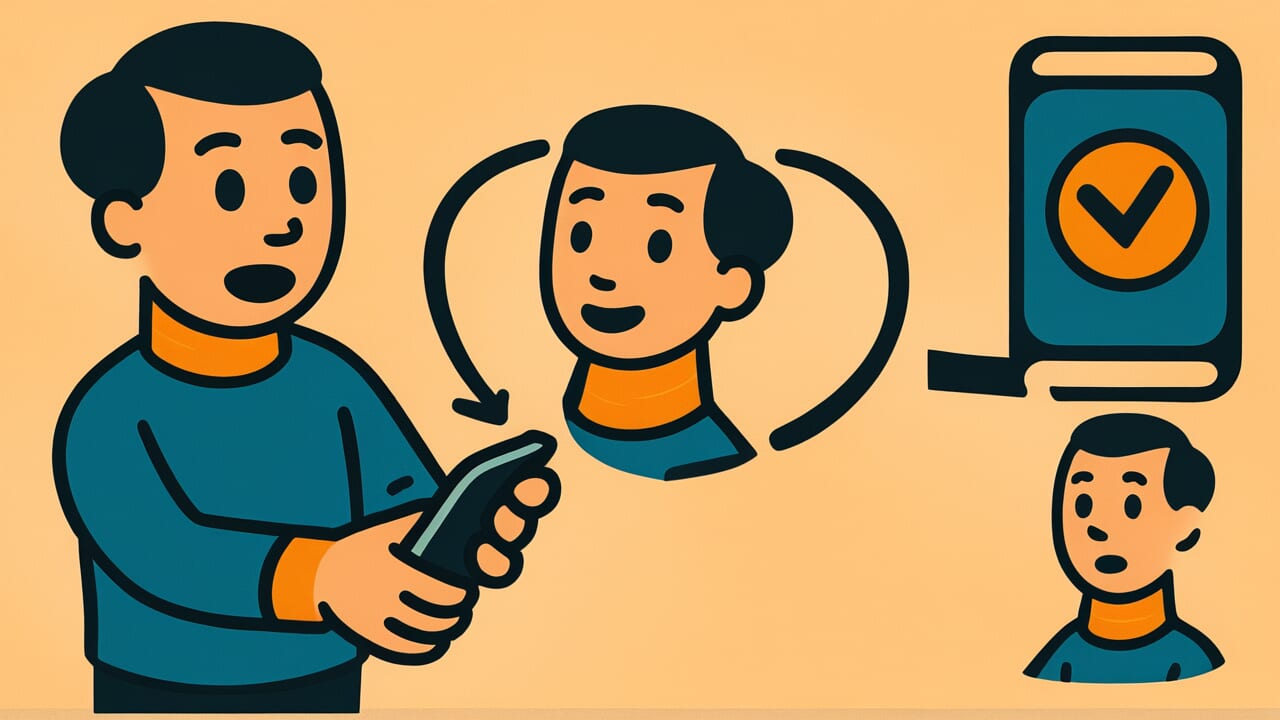How to Read “Once is whatever, twice is good”
Ichido wa mamayo nido wa yoshi
Meaning of “Once is whatever, twice is good”
This proverb teaches that the first time you do something, you can act on momentum or boldness.
But the second time, you should use your experience to act more carefully and skillfully.
It also carries a warning: accept that one failure is unavoidable, but don’t repeat the same mistake.
People use this saying to encourage someone trying something new. It’s also used to advise someone who failed to be more careful next time.
The phrase combines warmth and strictness. It says “Everyone fails at first, so go ahead and try. But the second time, use what you learned.”
Today, many people fear failure so much they can’t act. This proverb teaches both “the courage to take that first step” and “the wisdom to learn from experience.”
Origin and Etymology
No clear written records explain the origin of this proverb. However, the structure of the words offers interesting insights.
“Mamayo” is an Edo period colloquial expression. It means “whatever happens, happens” or “here goes nothing.”
Even today, saying “mamayo” expresses the feeling of acting boldly despite knowing it’s a bit reckless.
What makes this expression interesting is how it contrasts two completely different attitudes. The first “mamayo” shows acting on impulse and boldness.
The second “yoshi” represents calm judgment and a prepared state of mind.
This proverb likely emerged from Edo period common culture. In business and relationships, people learned to dive in boldly at first.
But the second time, they should act wisely using their experience. It also warned against repeating the same mistakes.
The words have a rhythmic quality: “ichido-nido” and “mamayo-yoshi” create a pleasing sound pattern. This made it easy to pass down orally.
It’s a crystallization of wisdom that naturally arose from common people’s lives and was passed down through generations.
Usage Examples
- Starting your first business is “once is whatever, twice is good” – the important thing is to try
- Let’s think of that failure as “once is whatever, twice is good” and make sure we don’t make the same mistake next time
Universal Wisdom
This proverb has been passed down because it contains deep insight about human growth.
Everyone feels anxious about doing something for the first time. Yet at some point, you must take the plunge to move forward.
Perfect preparation doesn’t exist. At some point, you need the courage to jump in with a “here goes nothing” attitude.
But humans also learn from experience. If you can’t apply lessons from your first failure or success the second time, that’s not true growth.
This proverb brilliantly integrates two seemingly contradictory attitudes – courage and caution – along a timeline.
What’s fascinating is that this proverb assumes failure. The expression “once is whatever” contains tolerance that doesn’t demand perfection from the start.
It acknowledges that humans fail. Yet it won’t tolerate repeating the same failure.
This reflects a strict yet warm view of human nature.
Our ancestors knew this truth. Life is continuous trial and error.
Both the courage to take that first step and the wisdom to apply experience next time help people grow.
This balance is the universal law that allows humans to overcome difficulties and move forward.
When AI Hears This
This proverb hides the essence of what game theory calls a “commitment strategy.”
By binding yourself with your first action, you paradoxically create an advantageous situation.
Consider a negotiation scenario. If you create a “no turning back” situation on your first move, your opponent understands you won’t compromise.
Then in the second negotiation, the probability of your opponent compromising increases. By cutting off your retreat, you’ve actually narrowed your opponent’s options.
This resembles a strategy called “burning bridges.” Ancient generals would burn their own army’s bridges.
This made soldiers realize “there’s no escape, we must fight.” It seems foolish to reduce options.
But it actually maximizes ally morale and shows enemies your seriousness, changing the entire battle situation favorably.
What’s interesting about this proverb is its temporal structure. The “irreversible first decision” creates “freedom in the second move.”
Normally we think more options means more freedom. But game theory proves mathematically that deliberately reducing your own options can change opponent behavior.
This ultimately produces better results.
Lessons for Today
This proverb teaches you both the courage to escape perfectionism’s trap and the wisdom not to waste experience.
Modern society has a tendency to extremely fear failure. On social media, you only see others’ successes.
This makes you think you must be perfect from the start. But this proverb teaches you that “whatever” is fine at first.
By boldly jumping in, you see scenery you couldn’t see before. That’s where real learning begins.
At the same time, this proverb doesn’t allow complacency. Don’t end one failure with just “it couldn’t be helped.”
What matters is what you learn from it and how you apply that next time.
Whether in job changes, romance, or projects, if there’s a second time, you have a responsibility to make better choices using your first experience.
If you’re hesitating to start something new, first take a step with the “whatever” spirit.
And if you have similar past experience, this time prepare so you can say “good.” These two mindsets will steadily move you forward.



Comments